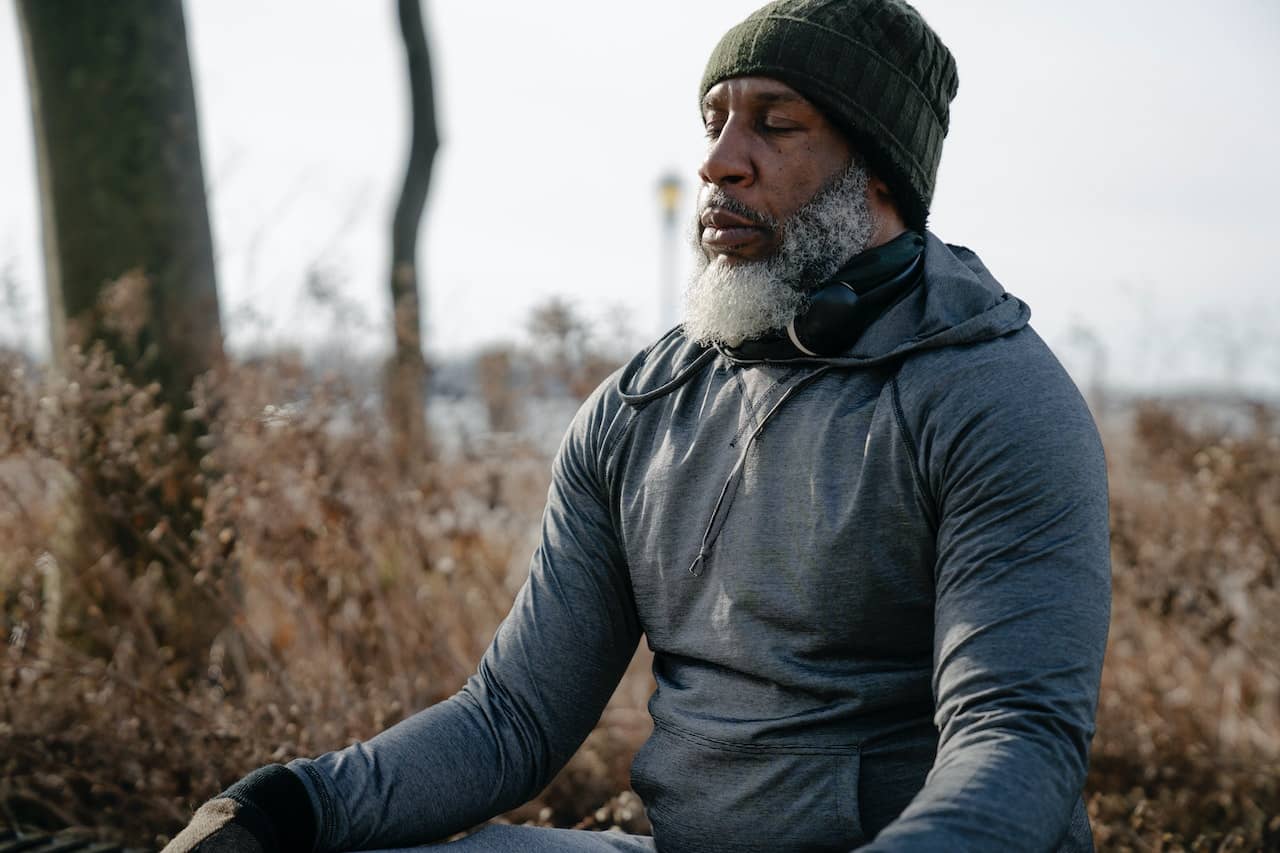Self-care isn’t all about bubble baths and candles–in fact, that image is enough to stress some people out! It may be relaxing, but it might be boring, or even incredibly challenging!
What do we mean as sex coaches when we encourage clients to bring more self-care into their lives?
Let’s consider what self-care really is. If social media is any indication, it’s easy to get the impression that it’s all about luxurious environments and indulgence. But it’s more than that. What we’re addressing is the need to provide care and nurturing to ourselves, the way we might with our child or loved one.
One way to look at it might be considering Maslow’s hierarchy of needs: physiological (food, clothing, shelter, sleep), safety (emotional, financial, health), love and social belonging (friendship, relationships, intimacy), esteem (self, external recognition). This theory suggests that humans need stability in these areas in order to achieve self-actualization (our highest need) and live their best lives.
As coaches, we can look to see if there is a breakdown in any of these areas and start there for suggestions in self-care. In this light, chores such as cleaning the kitchen or paying taxes on time could be interpreted as self-care. It could also be self-care to take a class on effective communication or to learn a new sport.
Where do we start?
Addressing Self-Care with Your Client
First, think about what concern(s) you are addressing with self-care. Is your client exhausted? Out of touch with their joy? Looking to enhance their sexual pleasure? Looking at the contributing factors to these concerns is one place to start, but another might be in bolstering another area that will give them the strength and energy to address the actual root of a need.
Let’s take a client who comes to you for greater sexual pleasure, for example. They might need support to connect with their body or direction to engage with their environment through their senses. Maybe the trouble is actually time management–this one springs up in some of the most surprising places!
For this client, your self-care suggestions might include exercise, sensate focus, nature walks, a cooking class, dancing, a regular sleep routine, or learning how to use shared calendars effectively! Anything that helps them manage their life and allows them to make the space for more pleasure would qualify as self-care.
Understanding what is going on in your client’s life and what their needs for well-being are will help you make powerful suggestions for better self-care. Remember, you can always ask them: what do you want? Or, what’s missing from your life that would make a difference for you?
Once you are clear on their needs, desires, and goals, get creative and look for ways to bring that to life!
Get Creative with Self-Care
Some ideas your client could try:
- Tune into your joy: Indulge in your favorite songs, flavors, and activities; whatever gets you out of your head and into your body.
- Engage your senses and experience the world around you. For instance, get out of the house and walk slowly, feeling every inch of the ground beneath your feet. Eat a luscious piece of fruit as slowly as you can, savoring every single moment, every scent, taste, and sensation of the act of eating.
- Connect with people! Share this NYT article: “The Secret Power of the 8-Minute Phone Call”
- Get out into nature. Hug a tree. Take a walk and notice plants, birdsong, smell roses. Make this a conscious noticing, where you mentally identify, as best as you can, what you’re observing (“What beautiful birdsong! Oh that purple flower with the fuzzy green stem is so pretty! Mmmm, I love the smell of roses, especially after the rain!”
- Make sure you’re getting enough sleep. This is a big one. Lack of sleep has a huge negative impact on our mood, our health, our ability to enjoy our lives, our levels of focus, and our sex lives.
- Hydrate! We all know dehydration is bad, for a lot of reasons, but you and your clients may not be aware of all the impacts dehydration can have on your sex life.
- Schedule playtime. We schedule everything else, why not make sure there’s time in your life designated for joy?
- Phone down, alerts off. A digital detox can work wonders. See Cal Newport’s book, Digital Minimalism
- Revise your routine: what do you need to thrive?
- Checklists: what do you need to do? Can you make mini goals or a game?
- Tackle the big stuff (taxes, redecorating, projects): break down large tasks into little chunks and get it done!
In the end, self-care isn’t only about deep relaxation. Sure, that’s a part of it, but so is actually taking care of yourself. Eating well, getting enough sleep, exercise, and routines that support you and your goals are essential to self-care. So are self-expression, activities that bring you joy, small goals that can be accomplished, and connection with friends and loved ones who bring out your best.
And of course, don’t forget to play!
As holistic sex coaches, it’s our duty to evaluate all the areas of our clients’ lives that may be interfering with their ability to fully embrace and enjoy their WHOLE lives, which of course includes their sex lives. Empowering our clients to engage in self-care and to see self-care as whole-person-care will help them achieve all of their sexual wellness goals.
Curious about training to become a Certified Sex Coach™? Join the next live Info Session to meet the SCU team and participate in a live Q&A!








